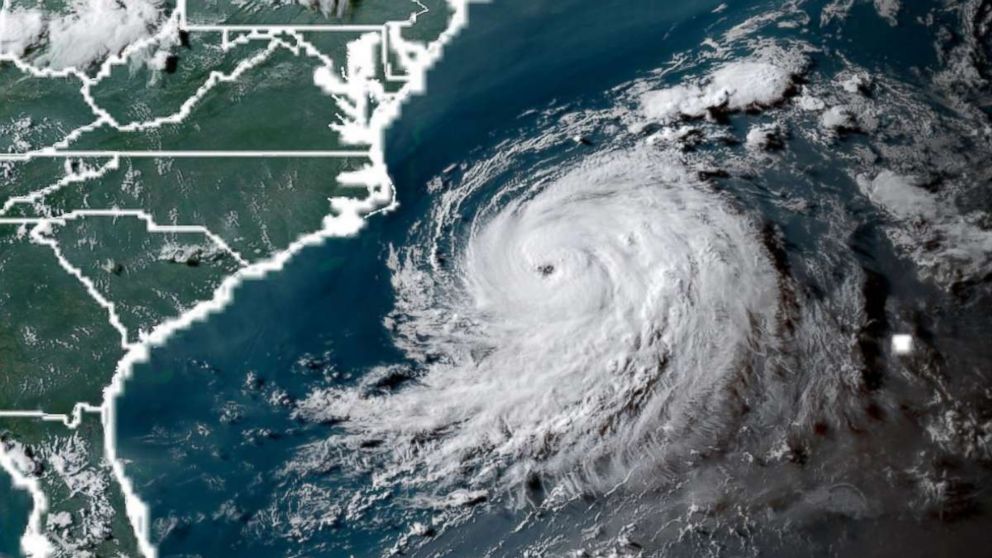Hurricane Chris, a name that evokes memories of powerful storms and dramatic weather events, holds a significant place in the history of Texas. In this article, we will explore the details surrounding Hurricane Chris, its impact on Texas, and its lasting effects on the community. Understanding the intricacies of this hurricane is crucial for residents and weather enthusiasts alike.
As we delve into the story of Hurricane Chris, we will uncover the meteorological factors that contributed to its formation and the path it took through Texas. We will also investigate the aftermath, including the response from local authorities and the recovery efforts that followed. This comprehensive overview aims to provide valuable insights into the hurricane's legacy.
Whether you are a Texan seeking to learn more about this pivotal event or simply interested in the dynamics of hurricanes, this article will serve as a thorough resource. Join us as we navigate through the history and impact of Hurricane Chris on Texas.
Table of Contents
- 1. Hurricane Chris Overview
- 2. Meteorological Factors Leading to Hurricane Chris
- 3. Impact of Hurricane Chris on Texas
- 4. Recovery Efforts Following Hurricane Chris
- 5. Personal Stories from Hurricane Chris
- 6. Lessons Learned from Hurricane Chris
- 7. Preparation for Future Hurricanes
- 8. Conclusion
1. Hurricane Chris Overview
Hurricane Chris was a notable Atlantic hurricane that impacted Texas in the summer of 2018. Originating from a tropical wave, it quickly intensified into a hurricane as it moved across the Gulf of Mexico. The storm reached its peak intensity with maximum sustained winds of 100 mph, categorizing it as a Category 2 hurricane.
Chris made landfall near the Texas coastline, bringing heavy rains and strong winds that affected various parts of the state. The hurricane's trajectory caused significant concern among residents, prompting emergency declarations and preparations for potential evacuations.
2. Meteorological Factors Leading to Hurricane Chris
The formation of Hurricane Chris was influenced by several meteorological factors:
- Warm sea surface temperatures in the Gulf of Mexico.
- Low wind shear, allowing the storm to develop and strengthen.
- Favorable atmospheric conditions that contributed to its rapid intensification.
2.1 The Role of Climate Change
Climate change plays a significant role in the increasing intensity and frequency of hurricanes. Warmer ocean temperatures can lead to more powerful storms, and Hurricane Chris was no exception. Studies have shown a correlation between rising sea temperatures and the strength of hurricanes.
3. Impact of Hurricane Chris on Texas
The impact of Hurricane Chris was felt across Texas, with various regions experiencing different levels of damage:
- Coastal areas faced flooding and wind damage.
- Evacuations were ordered in high-risk zones.
- Infrastructure, including roads and bridges, suffered significant damage.
3.1 Economic Consequences
The economic repercussions of Hurricane Chris were substantial, with estimates indicating that the storm caused millions of dollars in damages. Local businesses were affected, and recovery efforts took time and resources to implement.
4. Recovery Efforts Following Hurricane Chris
In the aftermath of Hurricane Chris, recovery efforts were launched to help affected communities:
- Emergency funds were allocated for rebuilding infrastructure.
- Community organizations provided support to displaced residents.
- Local and state authorities collaborated to ensure a swift recovery.
4.1 Government Assistance Programs
Various government assistance programs were established to aid in the recovery process. These programs included financial assistance for homeowners, small business loans, and grants for infrastructure repairs.
5. Personal Stories from Hurricane Chris
The human element of Hurricane Chris is captured in the personal stories of those affected. Residents shared their experiences of evacuation, loss, and resilience in the face of adversity. These narratives highlight the strength of the community and the importance of support during difficult times.
6. Lessons Learned from Hurricane Chris
Hurricane Chris provided valuable lessons for both residents and authorities:
- The importance of emergency preparedness and planning.
- The need for effective communication during disasters.
- Understanding the potential impact of climate change on future storms.
7. Preparation for Future Hurricanes
As we move forward, preparing for future hurricanes is essential. Residents are encouraged to:
- Develop emergency plans that include evacuation routes and communication strategies.
- Stay informed about weather alerts and updates from reliable sources.
- Invest in home improvements to withstand potential hurricane damage.
8. Conclusion
In conclusion, Hurricane Chris serves as a reminder of the power of nature and the importance of community resilience. By learning from the past and preparing for the future, we can better equip ourselves to face the challenges posed by hurricanes. We encourage readers to share their thoughts in the comments, connect with others who experienced Hurricane Chris, and explore further resources on hurricane preparedness.
Call to Action
Leave a comment below to share your experiences or insights about Hurricane Chris, and don't forget to explore our other articles on natural disasters and preparedness strategies. Together, we can build a more resilient future.
Thank you for reading, and we hope to see you back here for more informative content!
You Might Also Like
Back On 74: A Journey Through The Iconic Year In Music And CultureGiselle Lynette: The Rising Star Of Social Media Influencers
Kanye West Height: Everything You Need To Know
Phils Pizza: A Culinary Journey Through Flavor And Tradition
Simple Nail Ideas: Elevate Your Look With Minimal Effort
Article Recommendations
- Things To Draw When Bored Easy
- Aliyah Marie Nude Leaks
- Ts Yurtgirlsophie
- Michael Boulos Religion And Beliefs
- Hello Kitty Character Names
- Vegamovies Re Hindi Dubbed
- Bollyflix
- Aishah Sofey Porn
- Kaitlyn Krems Onlyfans Leaked
- Angelaalvarez Onlyfans Leaked


